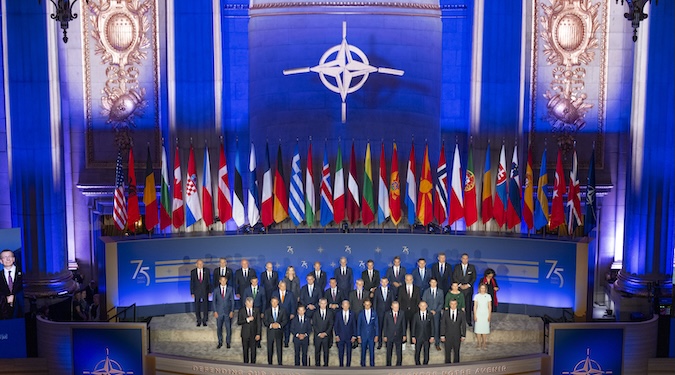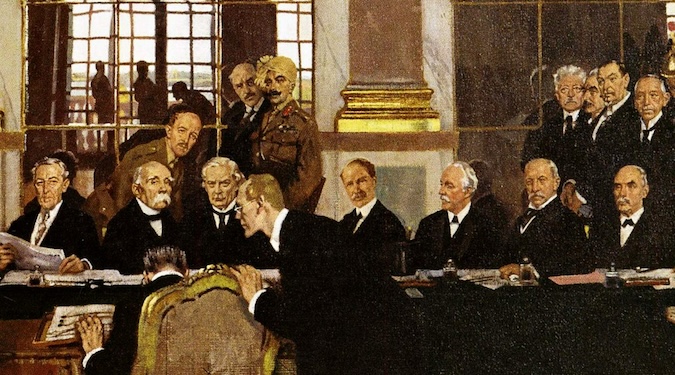Rebecca Myshrall examines how President Donald J. Trump’s first administration marked a significant shift in the US stance toward the North Atlantic Treaty Organization (NATO), with unprecedented criticism focused on the financial contributions of European allies. Myshrall summarizes the historical context of NATO’s formation and evolution of the US perspectives on it. Myshrall then documents… Continue reading Trump and NATO: Will NATO Survive Under a Second Trump Administration?
Category: International Security
Zero-Day Delivery: Hacking Risks and the Use of Machine Learning for Military Logistics
Christopher Mohr analyzes the opportunities and hacking and other risks of incorporating machine learning into military logistics and identifies legal and security gaps that make incorporation difficult. Mohr begins by providing background on artificial intelligence and machine learning and describes how these tools can improve military logistics. Mohr also identifies types of cyberattacks that states… Continue reading Zero-Day Delivery: Hacking Risks and the Use of Machine Learning for Military Logistics
From Treaties to Tweets: The (In)Formality of War Termination
This article explores the causes for informality in war termination and advocates for a return to formality. Forever wars are a new, pervasive problem. Around the world, conflicts have been simmering and occasionally boil over. They do not seem to end, and this is not normal. International law scholars debate why this is happening, pointing… Continue reading From Treaties to Tweets: The (In)Formality of War Termination



